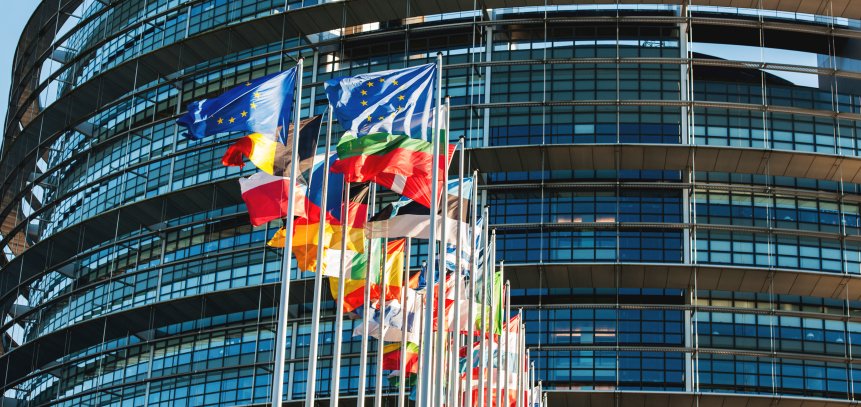The EU Code of Conduct, the set of best practises for data center energy efficiency backed by the European Commission, could have an important role in future efforts to curb energy use by the sector, according to a Brussels meeting this week.
Since its publication in 2009, the Code has been widely adopted by data center managers and service providers as a practical way to improve efficiency. In a bid to raise its profile, 70 of its developers and supporters met in Brussels to discuss the document's future role.
Data centers use an increasing amount of energy (normally estimated at some two percent of global electricity use), and the European Union is keen to keep this under control to help meet its overall climate change targets. The stakeholder meeting, held by industry group DigitalEurope, was attended by the European Commission's digital arm, DG Connect, and aimed to make sure European authorities are fully aware of "grass roots" efforts by data center operators to curb their energy use, and see that the CoC gets well used in future.
Making the Code
"Everyone uses the Code of Conduct," said Emma Fryer, director of climate change programmes at the techUK industry body, "but awareness is low. It's been very influential in the development of global standards, but is not always attributed."
TechUK and other industry groups, under their umbrella body DigitalEurope, want to change that. The CoC meeting, called by DigitalEurope, heard from satisfied users and developers of the Code, and discussed ways to increase the formal level of participation.
The Code is based around technical work run from the Joint Research Centre (JRC) within the European Commission's DG Connect, but is a voluntary scheme at present.
Future discussions will focus on whether formal regulations are needed, or if the industry can continue to police its own efficiency efforts. However things go, it seems clear that the Code of Conduct will play an increasingly important part.

